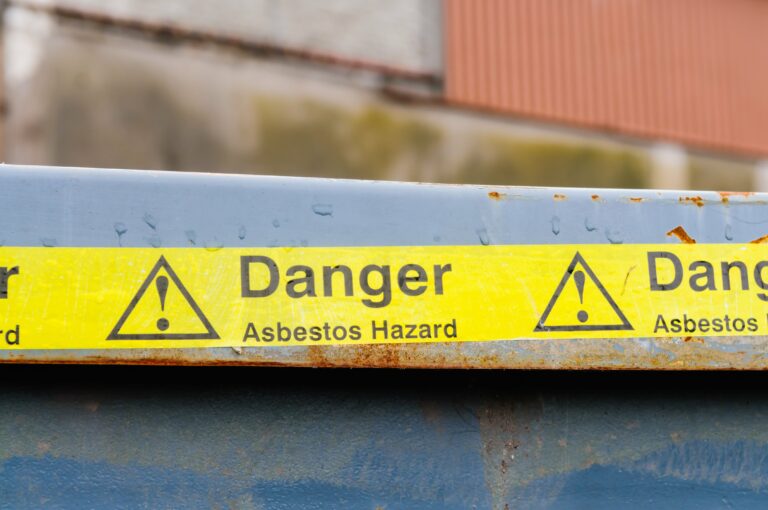Westminster has been rocked by allegations of sexual harassment.
Reports have surfaced of accusations of sexual harassment, public denials of wrongdoing, investigations, suspensions and a resignation.
Last week, Theresa May introduced a new code of conduct for the conservative party, which provides contact details for those who wish to make a complaint. It also ensures that investigations looking into grievances will be conducted by three or more people, one of which will be independent from the party. The Prime Minister is also meeting with opposition leaders to talk through plans for a new grievance procedure for Westminster staff and MPs.
Sexual harassment is under intense scrutiny
It seems a week doesn’t go past without fresh stories of sexual harassment emerging.
We have seen a blog post by a former engineer at taxi app company Uber explaining instances of harassment, and the ineffectiveness of the company to deal with employee concerns.
We have all read about cases of sexual harassment and gender discrimination in the male-dominated tech industry, leading to resignations and dismissals
And last, but definitely not least, we have read about the disturbingly high number of women who have recounted their experiences of harassment and abuse at the hands of film producer, Harvey Weinstein.
All the high-profile and public cases that have emerged in the last few months have shown unacceptable behaviour and should reinforce to employers the importance of taking allegations of sexual harassment seriously and acting when issues arise! This means it is essential to have all the right HR policies and procedures in place and that all managers and supervisors are suitably trained.
What is sexual harassment?
Under the Equality Act 2010, sexual harassment is defined as unwanted conduct of a sexual nature which has the purpose or effect of violating someone’s dignity, or creating an intimidating, hostile, degrading, humiliating or offensive environment for them.
It can take place in the workplace, at a work social event, on a work trip or at a client’s workplace and by different people such as a manager, colleague or customer.
Examples of sexual harassment include jokes about a colleague’s sex life, unwelcome touching, demands for sexual favours or sending offensive emails.
How can you prevent sexual harassment in your workplace?
The most important point to take away is that anything that an employee does during the course of their employment will be deemed as having been also done by the employer, irrespective of whether the employer knew or approved the action or comment constituting sexual harassment. In simple English, if an employee is found to have harassed an employee, the employer will be held responsible. To avoid this, you must be able to prove that you have taken all reasonable steps to prevent employees from committing harassment in your workplace.
A good starting point is to develop and promote a working environment where employees are encouraged to report any cases of sexual harassment. Employees may be reluctant about coming forward for many reasons, such as they feel embarrassed or are scared of what the consequences will be. Therefore, it is critical that employees believe that their concerns will be taken seriously and dealt with in a sensitive and confidential manner.
You should remind your employees that it is their responsibility to ensure that their behaviour does not cause offence and to stop immediately if they are told that it is unwanted or offensive. Employees need to be aware of the people around them and how their comments may affect the feelings of others. You should also make them aware that all allegations will be investigated and disciplinary action will be taken when required.
As discussed before, it is always helpful to have documented policies and procedures, detailing what your standards and expectations are in this regard and, where possible, to train managers and supervisors to identify concerns. Seek legal advice when drafting your codes of conduct, grievance procedure, bullying and harassment procedure and all other appropriate HR policies.
How do you deal with a complaint of sexual harassment?
Once you have received a complaint about sexual harassment, you must investigate the matter promptly and thoroughly. The key question to ask is “could the comment or action be reasonably considered to have caused offence?” If no reasonable person would be offended, then no sexual harassment has occurred.
Please note that an Employment Tribunal will look at a number of factors when considering whether the act is a form of harassment, such as the employee’s perception, the circumstances of the case and whether or not it is reasonable for the actions to be deemed as harassment.
The way you resolve an issue will depend on the merits of the case, but it could include an informal discussion, counselling, mediation or going through formal disciplinary procedures. In very serious cases, it may result in dismissal for gross misconduct.
If you have any concerns or queries, it is also best to seek advice at the earliest opportunity.








